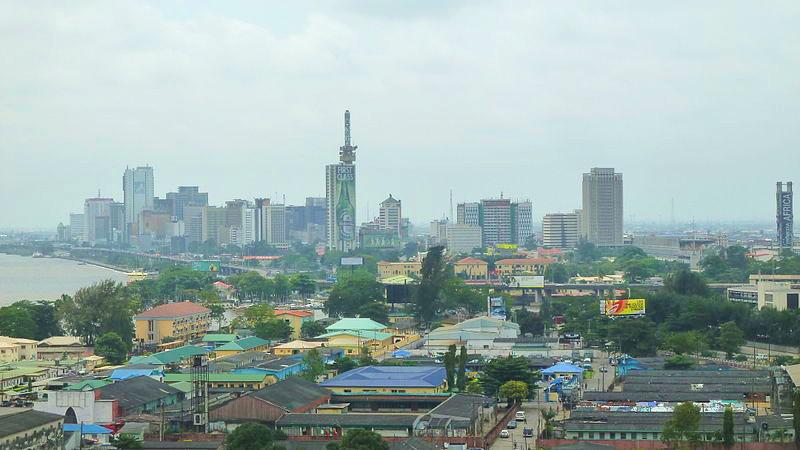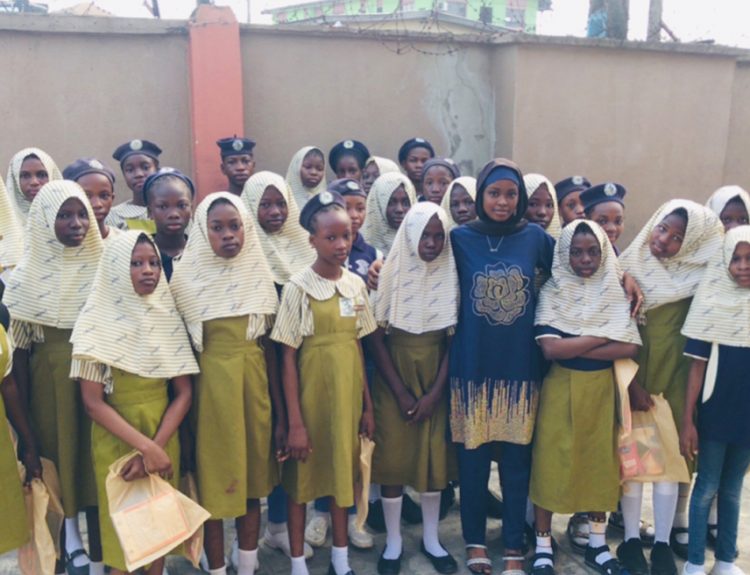As the Harmattan season sets in, bringing with it dry air, dusty conditions, and chilly temperatures, experts are urging Nigerians to take proactive steps to manage the weather phenomenon.
The Harmattan season, which typically runs from December to February, can have severe effects on health, agricultural ,and daily life. However, with proper planning and precautions, individuals can minimize its impact.
Health Precautions
According to Dr. Olufemi Adetunji, a consultant physician, the dry air during Harmattan can exacerbate respiratory conditions such as asthma and bronchitis. “It’s essential to wear masks when outdoors, especially for people with pre-existing respiratory conditions,” he advised.
Additionally, Dr. Adetunji recommended increasing fluid intake to stay hydrated, using humidifiers to add moisture to the air, and avoiding outdoor activities during peak sun hours.
Agricultural Measures
For farmers, the Harmattan season can be particularly challenging, as the dry conditions can lead to crop failure. Mr. Kunle Oguntoyinbo, an agricultural expert, suggested that farmers adopt irrigation systems to ensure consistent water supply to their crops.
“Farmers should also consider using drought-resistant crop varieties and implementing conservation tillage practices to reduce soil moisture loss,” Oguntoyinbo added.
Daily Life Adjustments
To manage the effects of Harmattan on daily life, experts recommend taking simple precautions. “Wearing warm clothing, using scarves to cover the face, and applying moisturizers to prevent dry skin are all essential,” said Mrs. Yinka Adewale, a dermatologist.
Furthermore, individuals should avoid using harsh soaps and cleansers, which can strip the skin of its natural oils, and instead opt for gentle, moisturizing products.
By taking these steps, Nigerians can minimize the impact of the Harmattan season and stay safe and healthy until the weather phenomenon subsides.
Is this okay for health babe














